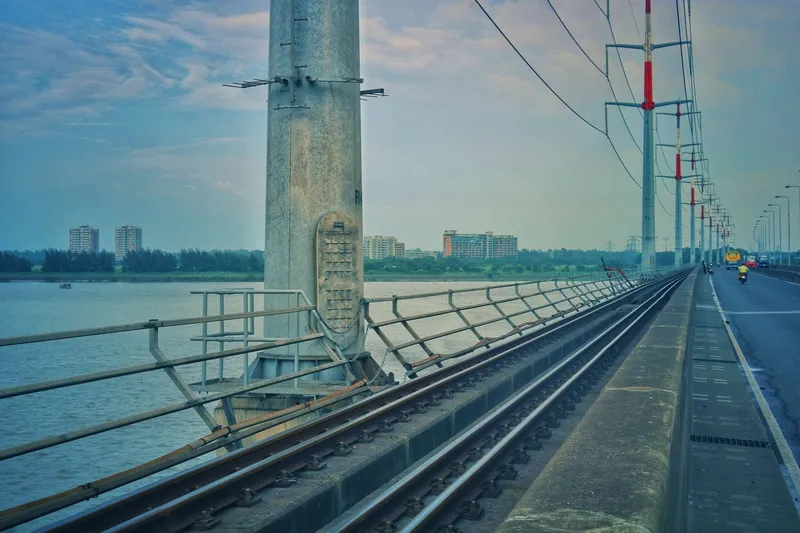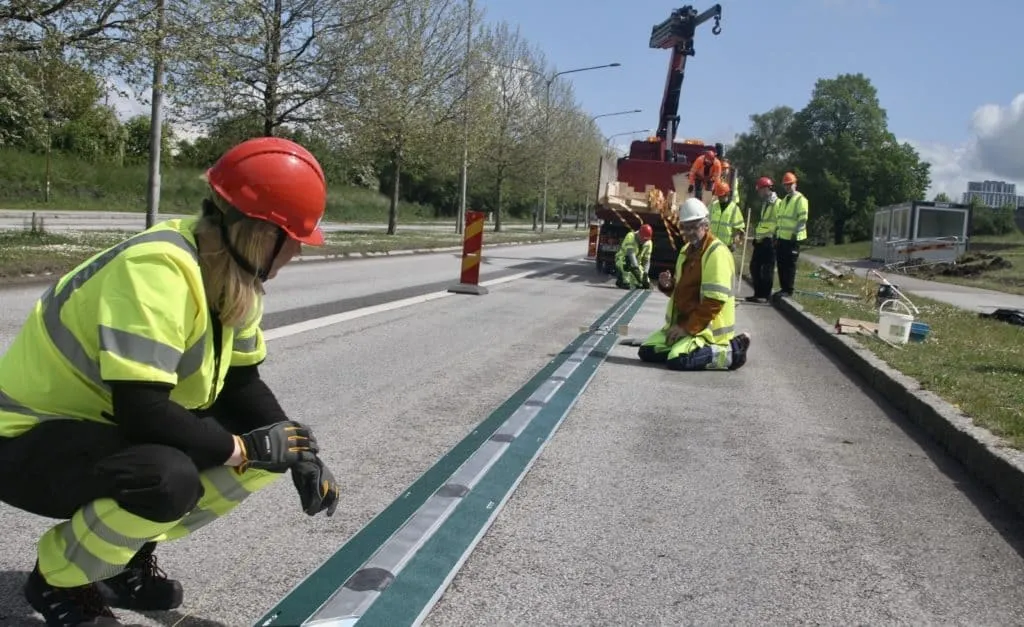
The Bangladesh Bridge Authority (BBA) has appointed the VaaaN-Regnum-NDE consortium to install and maintain Weigh in Motion (WiM) system on both sides of one of the country's major bridges.
Opened in Bangladesh in 1998, Bangabandhu Bridge is 4.9km long and spans the Jamuna River.
VaaaN-Regnum-NDE won against a number of international companies: the new deal covers supply, installation, testing and maintaining of 10 units of low-speed WiM (LSWiM) scales.
There will also be real-time web-based live video and data monitoring system with radio-frequency identification (RFID) installed, along with an ANPR camera system to identify the overweight vehicles.
BBA Quazi Muhammad Ferdous signed the agreement with Rony Basak, country head of VaaaN Infra, with Monjur Hossain, BBA executive director, Riyad Husain, MD of NDE Solutions and Mohammad Hossain Jony, MD of Regnum Resource.










